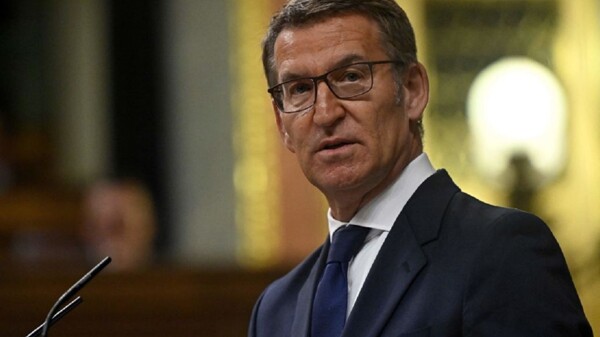The blocking of accounts that could lead to constitutional claims presupposes the existence of illicit activities as the basis for this preventive measure. In our society, the situation of insecurity prevents the anonymity associated with money as a method of payment. This has led to an increased use of credit cards and electronic payments instead of cash, which is fundamental for the functionality of daily life.
The government has expressed its intention to prevent the uncontrolled use of cash to prevent the introduction of money from illicit activities into the financial system. Laws such as the Federal Law for the Prevention and Identification of Transactions with Resources of Illicit Origin and the General Provisions applicable to Credit Institutions seek to limit the use of cash to combat criminal activities.
Despite the need to regulate cash usage, these measures have generated conspiracy theories about government control over individual freedoms. However, regulation primarily seeks to prevent criminal activities such as kidnapping, human trafficking, and drug trafficking. Although electronic payment platforms are more traceable, they also offer a safe and convenient alternative.
The Mexican Constitution states that it is the exclusive responsibility of the Bank of Mexico to mint the country's currency, allowing citizens to pay their obligations with bills and coins. Although the right to use cash is recognized, it is still unclear whether limits can be established on the amount of cash to be used.
Recently, a failure in the electrical network in Spain caused a blackout that affected several services, including banking services. The growing ease of banking apps has allowed the population to adapt to electronic payments. The emergency situation caused moments of panic, but the rapid response of emergency services maintained order and avoided greater consequences.












